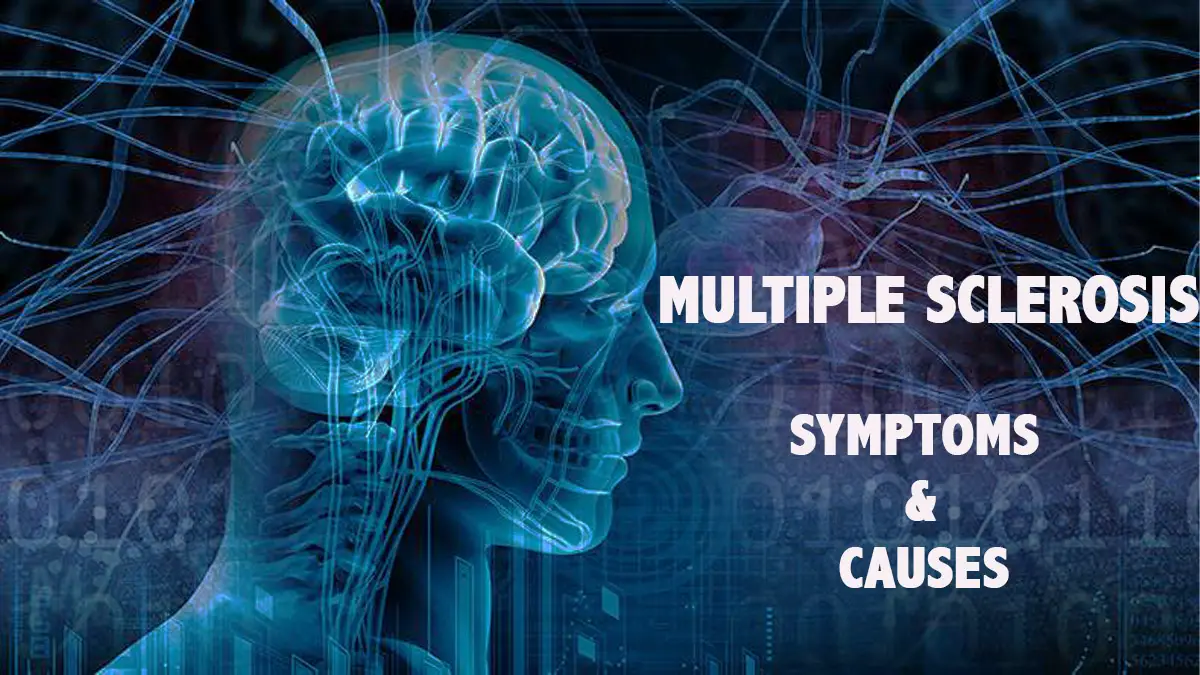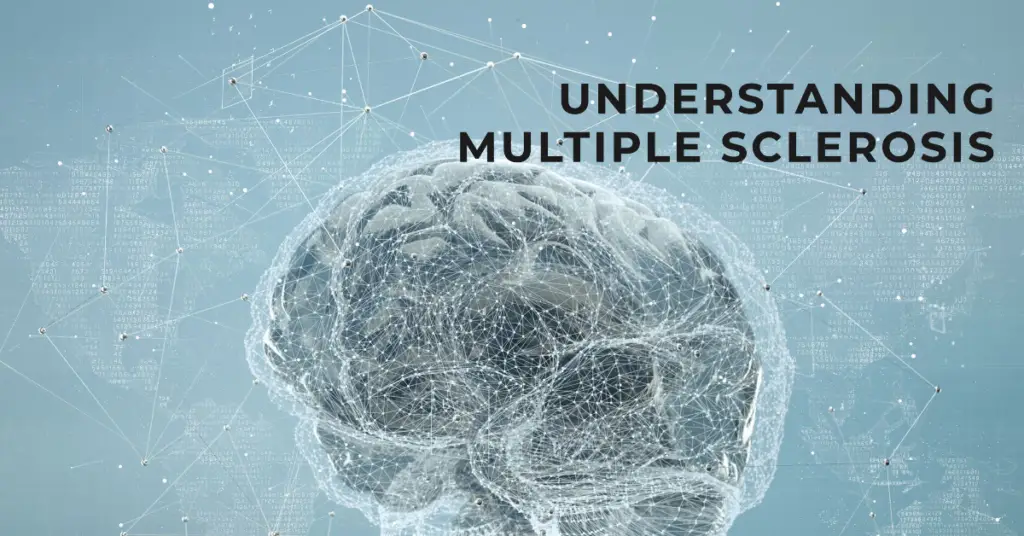
Multiple Sclerosis (MS) is a condition which disables the brain and spinal cord.
If a person is suffering from MS, then their own body’s immune system attacks the protective shield of nerve fibers and causes communication problems between our brain and the rest of our body part. Eventually, the disease can deteriorate the nerves or damage permanently.
Signs and symptoms of multiple sclerosis (MS) will differ depending on the amount of nerve damage and on the location of affected nerve fibers. Some patients suffering from severe multiple sclerosis might lose the ability to walk independently or at all. There is no cure for multiple sclerosis. But, treatments can fasten the recovery period and manage symptoms.

Symptoms and Sign of Multiple Sclerosis (MS)
Multiple sclerosis signs and symptoms will differ from person to person and throughout the course of the disease depending upon which nerves had got affected depends and the number of nerves damaged. The symptoms include
• Dizziness
• Electric-shock sensations which usually comes by moving neck, especially while bending the neck forward
• Lack of coordination or unbalanced walking/standing
• Longer double vision
• Numbness or weakness in one or more limbs which usually occurs at one side of your body at the legs and trunk
• Pain in different parts of your body
• Partial or full vision loss, generally in one eye at a time, and might feel pain during eye movement
• Problems with bowel and bladder function
• Shaking body
• Tiredness
• Unclear speaking
See a doctor if you experience any of the above symptoms.
Complications of Multiple Sclerosis
People with multiple sclerosis might also develop –
• Depression
• Epilepsy
• Easily forgetting things
• Mood swings
• Muscle stiffness or contraction
• Paralysis, generally in the legs
• Problems with sexual function
Causes of Multiple Sclerosis
The cause of multiple sclerosis is still unknown. But these following factors might increase your risk of developing multiple sclerosis –
• Age –It might occur at any age, but it usually affects people who are aged between 15 and 60.
• Sex – There is almost twice probability of Women getting MS than men.
• Family history – If one of your parents or siblings had MS previously, then there is a huge risk that you or your children might be suffering from it too.
• Certain infections – A virus named Epstein-Barr which causes infectious mononucleosis may lead to MS.
• Climate – Climatic conditions might also cause MS; some countries have Ms as a common disease ( usually at lower temperate climates), such as Canada, New Zealand, Northern Europe, the northern United States, and south-eastern Australia. People of Asian, African or Native American countries have the lowest risk.
• Certain autoimmune diseases – If you are suffering from diseases such as type 1 diabetes, thyroid, or inflammatory bowel disease, you might be at higher risk of developing MS.
• Smoking – Smokers are more likely to develop MS.
Click to know – MULTIPLE SCLEROSIS – TREATMENT




